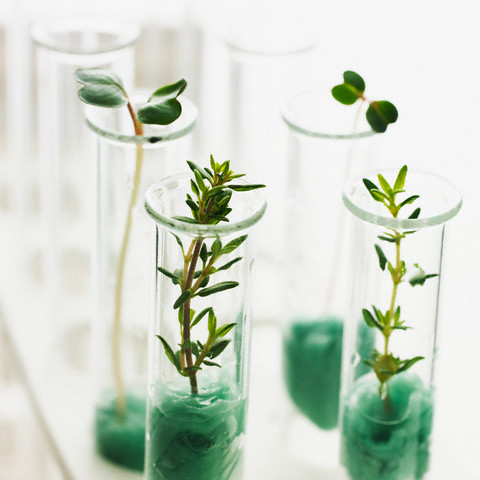International Journal of Pure & Applied Bioscience (IJPAB)
Year : 2017, Volume : 5, Issue : 3
First page : (1044) Last page : (1049)
Article doi: http://dx.doi.org/10.18782/2320-7051.4034
Effect of Abiotic Factors on Seasonal Incidence of Leaf hoppers and Bioefficacy of Some Newer Insecticides and Biopesticides Against Leaf hoppers on Okra
N. A. Nimbalkar, B. A. Bade*, M. B. Kadam and D. B. Lad
Department of Entomology, National Agricultural Research Project, Ganeshkhind, Pune, Maharashtra, India
*Corresponding Author E-mail: bade.babasaheb@gmail.com
Received: 16.06.2017 | Revised: 25.06.2017 | Accepted: 26.06.2017
ABSTRACT
Okra, Abelmoschus esculentus (L.) Moench is one of the most important vegetable crops cultivated in India and because of its high nutritional values and human disease curing ability it is largely consumed all over the world. It is attacked by about twenty insect pests during different growth stages of which, jassids or leaf hoppers attacks the crop at any stage of its growth. The study of the seasonal incidence of jassids in relation to weather parameters gives idea for application of different insecticidal sprays for their effective control. Evening relative humidity had significant positive correlation with leaf hopper (r=+0.4525), whereas rainfall showed negative correlation with leaf hopper population on okra (r=-0.4203). In present investigation, insecticidal treatment with acetamiprid 20 SP @ 15 g a.i./ha was found most effective against leaf hoppers and it was at par with the treatment acetamiprid 20 SP @ 15 g a.i./ha followed by V. lecanii @ 2.5 kg/ha, thiamethoxam 25 WG @ 25 g a.i./ha, thiacloroprid 21.7 SC @ 54 g a.i./ha and acephate 75 SP @ 500 g a.i./ha respectively.
Key words: Okra, Leaf hoppers, Seasonal incidence, Newer insecticides, Biopesticides.
Full Text : PDF; Journal doi : http://dx.doi.org/10.18782
Cite this article: Nimbalkar, N.A., Bade, B.A., Kadam, M.B. and Lad, D.B., Effect of Abiotic Factors on Seasonal Incidence of Leaf hoppers and Bioefficacy of Some Newer Insecticides and BiopesticidesAgainst Leaf hoppers on Okra, Int. J. Pure App. Biosci.5(3): 1044-1049 (2017). doi: http://dx.doi.org/10.18782/2320-7051.4034





